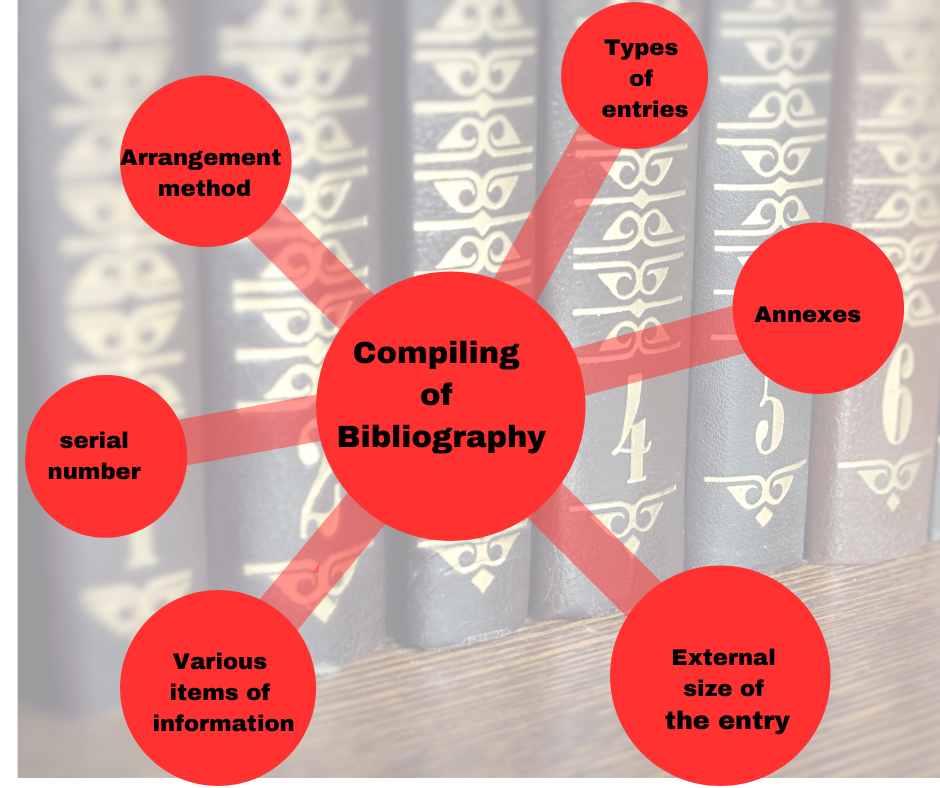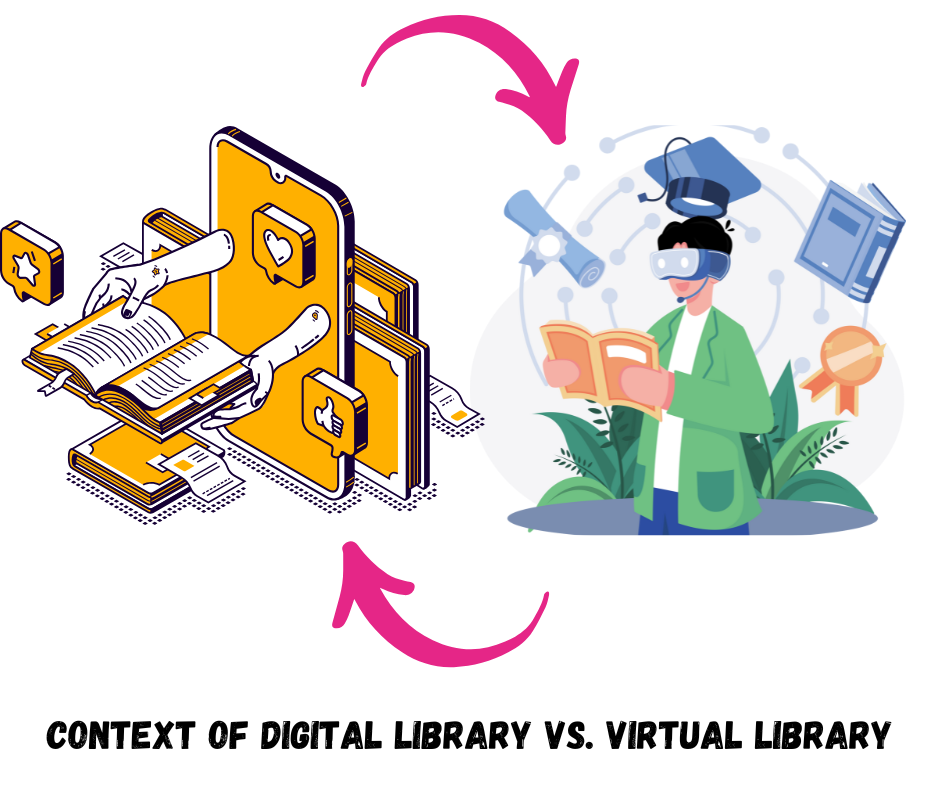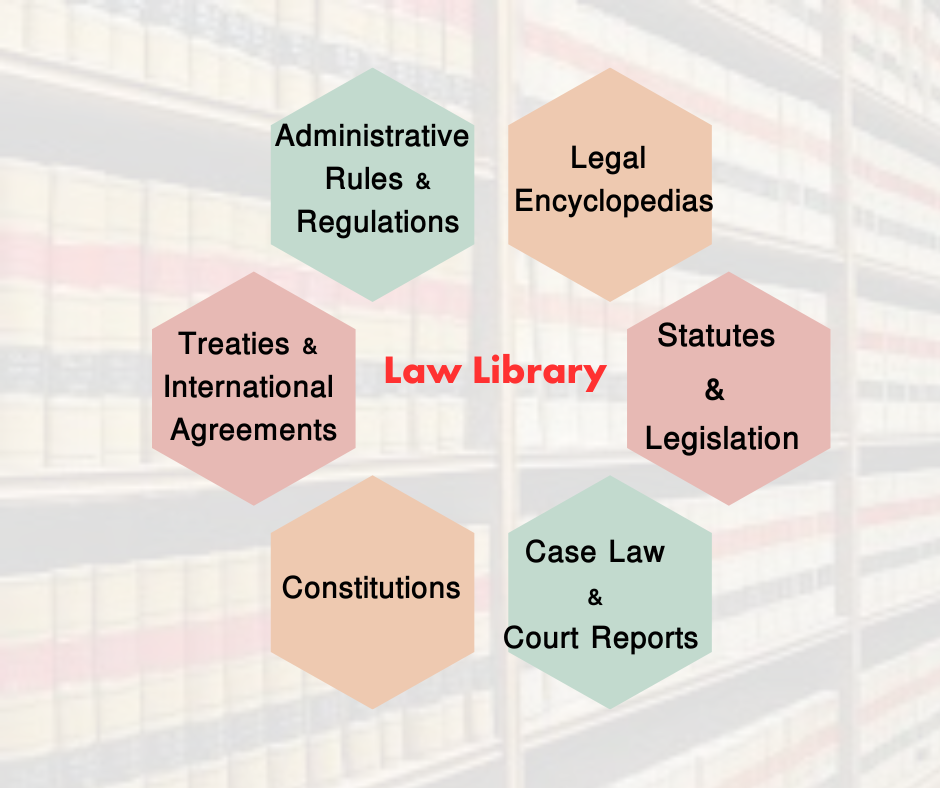Types of Research Data
Data embodies the essential facts or information that serves as the backbone for calculations, analyses, or strategic planning, particularly in the realm of statistics. At its core, data comprises raw elements—be it numbers, text, images, audio, or symbols—collected meticulously for reference, analysis, or processing. While data alone may appear as mere figures or disconnected facts, […]









